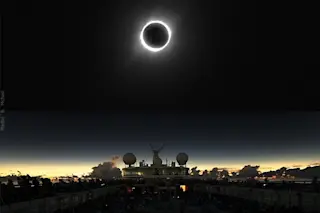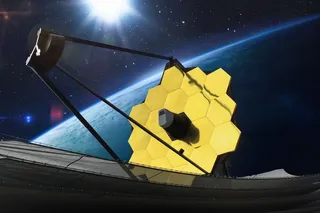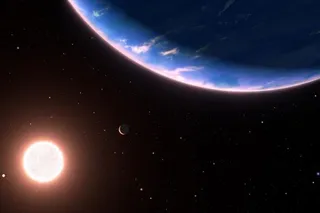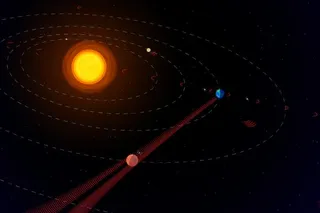On April 8, 2024, the maximum duration of totality anywhere along the eclipse path will be 4 minutes 28 seconds. For comparison, the maximum length of totality for the last total solar eclipse to cross the continental U.S., which occurred on Aug. 21, 2017, was just 2 minutes 40 seconds.
Indeed, some eclipse totalities last but a few seconds. And the longest eclipse totality from 2000 B.C. to A.D. 3000 is 7 minutes 29 seconds. That eclipse will occur July 16, 2186.
So why aren’t all totalities 7½ minutes long?
The explanation for this goes way back to the time of the German astronomer Johannes Kepler, who lived from 1571 until 1630. In the fall of 1600, Kepler began working for the Danish astronomer Tycho Brahe, who had for years been accumulating observational data on the planets. Tycho paid Kepler to analyze the data. But in October 1601, Tycho suddenly ...














